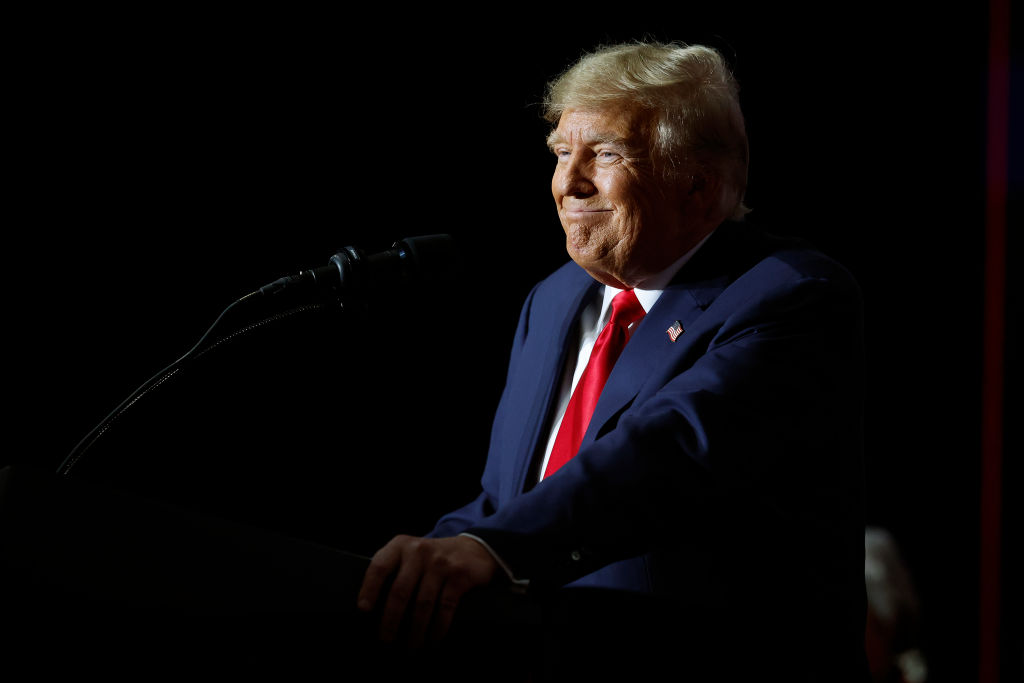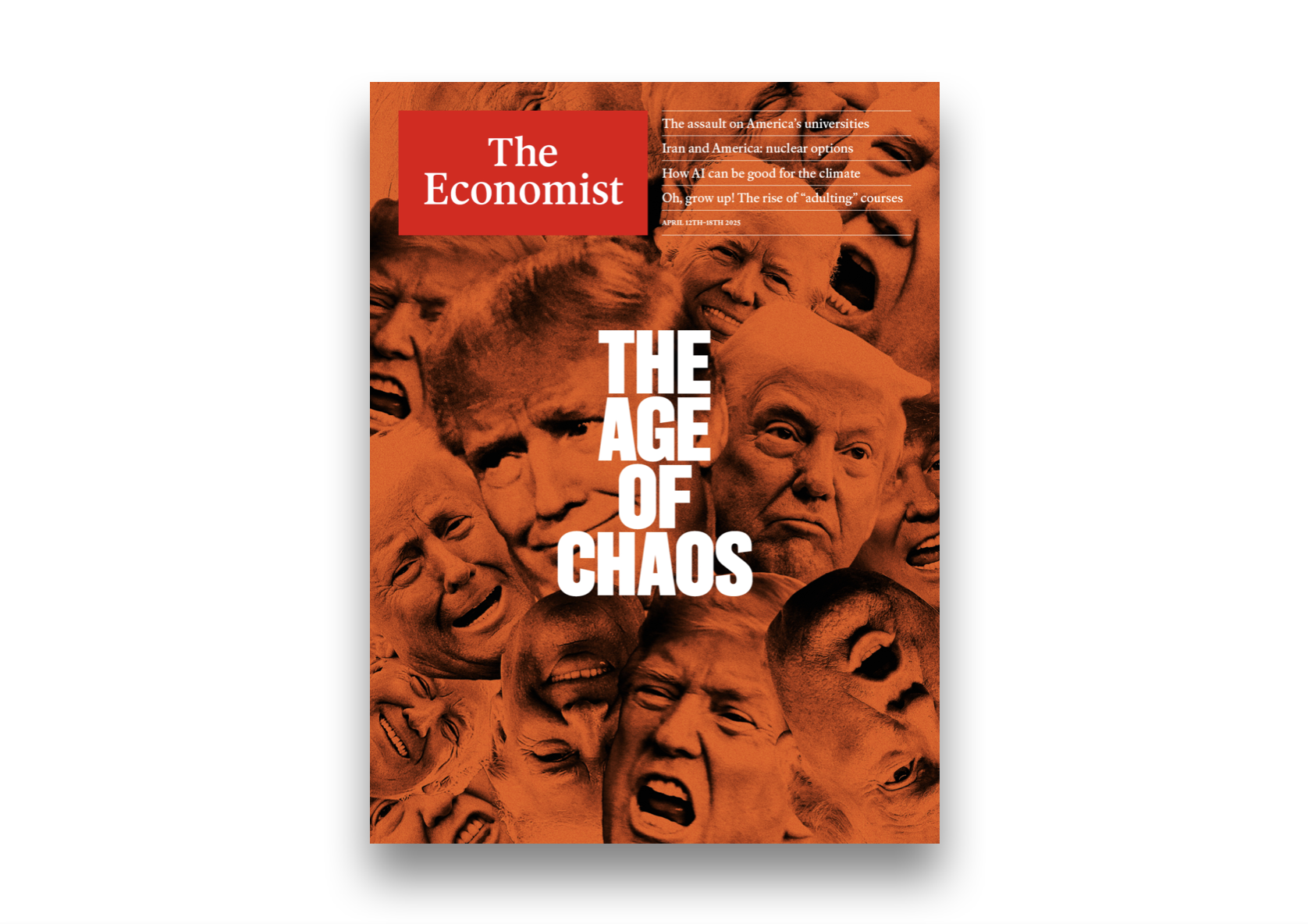The Iowa contest tends not to select the Republican nominee. In 2016 Texas senator Ted Cruz denied Donald Trump his first win by taking home the caucus prize with 28 percent of the vote. In 2012, Pennsylvania senator Rick Santorum just edged out eventual nominee Mitt Romney. In 2008, presidential nominee John McCain didn’t even place in the top three, only securing 13 percent of the vote compared to Arkansas governor Mike Huckabee’s 34 percent.
Iowans have just delivered Trump the biggest caucus win in history
In recent years, the caucus has been a better gauge for what the grassroots of the party want to see in a candidate, rather than who exactly they want to run against the Democratic nominee. But this won’t provide any comfort to the latest round of losing candidates. Iowans have just delivered Trump the biggest caucus win in history, as it became obvious within minutes that he was set to secure more than 50 percent of the vote. This year’s caucus seems to have confirmed that the Republican primaries this year are not really a race, but a formality. For Iowans, what they want and who they want are neatly tied up together: and that’s to see the former president back in the White House.
Trump’s historic win will vindicate his decision not to take part in the Republican debates. The former president managed to secure a “seventy-three-point advantage among those who knew who they would support all along.” Trump didn’t need to win over voters in the lead-up to the first primary event — but he did risk losing some support if dealt blow after blow by his opponents.
By not taking part in the debates — or engaging in the major public policy questions facing America — Trump seems to have kept the conversation on his terms. According to Fox News voter analysis, some of Trump’s favorite talking points (including the state of Joe Biden’s mental health and the ability to command attention in the top job) came top of voter priority lists (“is mentally fit?” ranked 94 percent and “strong leader?” ranked 90 percent on issues that were “very important” to voters).
Still, on the more traditional bread-and-butter issues, Trump still dominated. The economy ranked as the most important policy issue for caucus-goers, according to NBC’s entrance poll, followed by immigration. Trump gained support from 52 percent of voters most concerned about the economy, and 64 percent of those focused on immigration. Ron DeSantis’s election tactic — to come across as an economically savvy candidate with Trump-lite tendencies — seems to have been largely obliterated as voters held on to the memory of Trump’s pre-pandemic economy, which at its height was up by almost 5 percent from when he entered the Oval Office in 2020. Nikki Haley’s team will bring the fight to New Hampshire next week, where the hope will be that changes in the state voter profile (Iowan caucus-goers overwhelming identified as “very conservative” and without a college degree) might tighten the outcome and give her some momentum going into South Carolina, where she served as governor.
The problem for the remaining candidates is that the polls in Iowa turned out to be largely correct: Trump showed substantial leads going into the caucus, which led to a record-breaking win. Trump’s estimated lead in New Hampshire isn’t quite as impressive as in Iowa, with pollsters putting him between fifteen to twenty points ahead. But it’s enough for the former president to underwhelm and still win comfortably.
It speaks to Trump’s continued claim over the party — and the Democrats’ so-far failed attempt to end his race in the courts — that he commands this kind of support so early on in the race. The question remains, however, whether this support holds nationally. While the Republican Party seems ready to hand Trump the nomination, the country at large has rejected him twice now (the candidate himself in 2020, and then Trump-endorsed candidates in the 2022 midterm elections). Perhaps most notably, two-thirds of Iowa voters last night said that they do not believe Joe Biden fairly won the last election, compared to less than half of the country.
That’s a question for the next stage of the election. In the primary stage, it seems it won’t take very long to determine just how resolute grassroots voters are in their support for Trump.
This article was originally published on The Spectator’s UK website.


























Leave a Reply